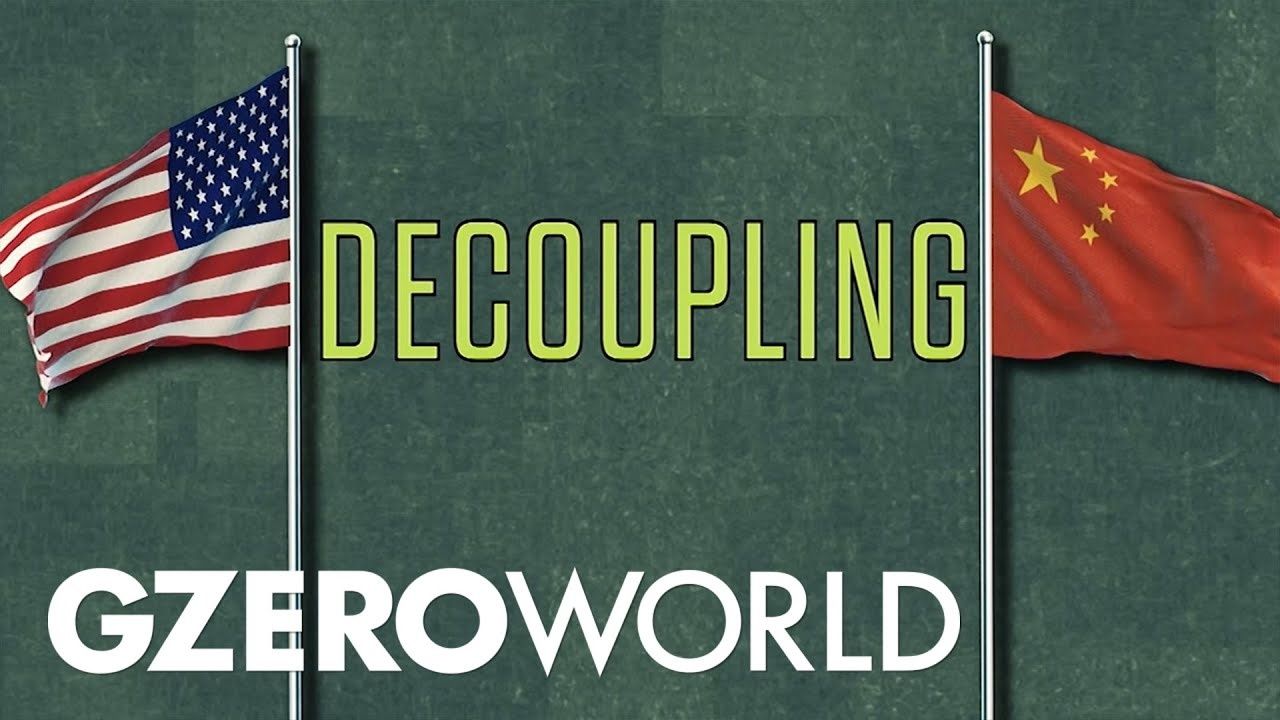
Huawei and the US-China Decoupling | GZERO World
As the U.K. moves to ban Huawei over security concerns, GZERO World with Ian Bremmer examines a global dilemma: How can the US and its allies find common ground with a nation that is becoming increasingly authoritarian under President Xi Jinping? Bremmer talks to Zanny Minton Beddoes, Editor-in-Chief of The Economist, who points out the slippery slope of increased decoupling of the world's two biggest economies. "The most extreme version is that you have to have two tech ecosystems, separate hardware, separate software companies, completely different," she says. "But even if you go down that route, then what do third-party countries do? If you're in Indonesia or in India or Brazil?"
From Your Site Articles